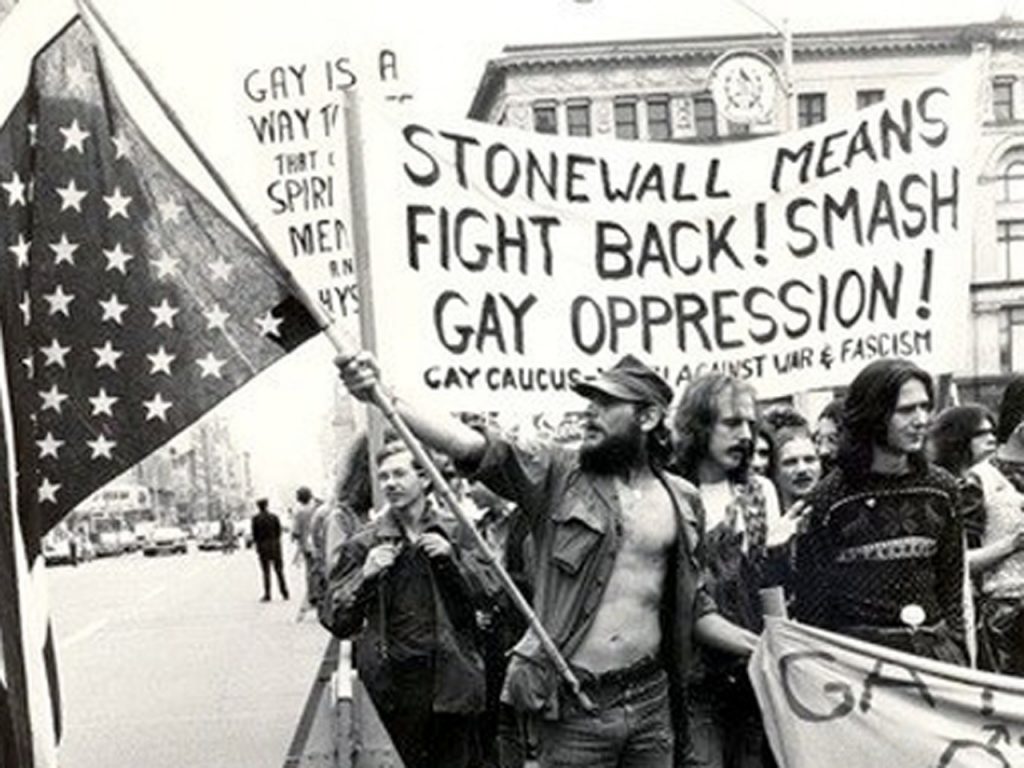Many countries around the world are celebrating Pride Month this June. Gay pride’s history spans back to 1969, where 200 patrons resisted arrest and rioted at the Stonewall bar in New York City. By the time Britain decriminalized in 1969, around twenty countries, including France and Belgium, had already decriminalized by 1900.
As it stands, the act is still criminalized in 72 different countries. Eight of these countries (Iran, Sudan, Saudi Arabia, Yemen, Somalia, Nigeria, Syria and Iraq) impose the death penalty on consensual same-sex acts. In Syria and Iraq, the death penalty is carried out by non-state actors such as the Islamic State.
While western countries are generally more LGBT tolerant, a recent survey reveals that only 45% OF Americans in the 18–34 age bracket are comfortable interacting with LGBTQ people, down from 53% in 2017. In the first week of June, two gay men and a transgender woman were killed in Detroit, and the killing of a gay man outside Atlanta demonstrates the problematic realities confronting the LGBTQ community.
India is the most recent country to decriminalize homosexuality, joining the ranks of 119 other countries. Although the Supreme Court ruled in 2009 that the ban on homosexuality violated fundamental rights. This ruling, which only applied to Delhi, was quickly overturned in 2013, where the Supreme Court stated that only “minuscule fraction of the country’s population constitute lesbians, gays, bisexuals or transgenders” thus repealing the act was ‘legally unsustainable’.
The original British Law, Section 377, was introduced in 1860 across the British colonies. Of those 48 countries, 30 former colonies still outlaw homosexuality. In fact, the section still holds true for Bangladesh and Pakistan. In India, gay individuals were often forced to undergo conversion therapy. One therapist, Lata Hemchand, recounts her experience with the patients. “The fear of losing their families and social status was so strong that clients themselves would say, ‘I want to get out of this.’” She would show a list of photos of people engaging in carnal acts, and introduce an electrical shock to the wrist when pictures of homosexual acts appeared.
In Bangladesh, it’s difficult for gay individuals to find much support. Not only is the act shunned by most of the population, but there’s also a dearth of LGBTQ+ friendly organizations. Some CSOs, such as Boys of Bangladesh and the Bhandu Social Welfare Society. Prominent activists, such as Avijit Roy and Xulhaz Mannan (editor of Roopbaan) were killed in 2015 and 2016 respectively. Furthermore, the police arrested 28 people in 2017, outing them as gay in the media. Bangladesh has traditionally voted against UN measures to decriminalize homosexuality and prevent violence against homosexuals.
An anonymous LGBT activist talked about his own experience following the 2016 murder. “I could not sleep the night after the murders, nor did I feel safe enough to go back home. Everything was dark, and you could hear a pin drop. I hid somewhere that night, and could hear cats walking on the corrugated iron roof. The sound of their soft paws felt like a machete-wielding extremist coming for me.
Many of us had to go into hiding immediately. In the past year, we have had to move from place to place — from creepy hotels to unknown apartments, to mutual friends, or to another country.
With and without my partner, I have had to change location eight times in the past year. To me, the definition of home and homeland has changed much over the past 12 months — I have started feeling as though I don’t have a home anymore.”
Violence against homosexuals isn’t restricted to countries like Bangladesh. On June 12, 2016, a gunman killed approximately 50 people (and injured a further 53) at the Pulse, a gay nightclub in Orlando, Florida.
“The guilt of feeling lucky to be alive is heavy,” said Patience Carter, a survivor of the incident. “I was begging God to take the soul out of my body because I didn’t want to feel any more pain, I didn’t want any more shots.”
Although many states have moved to provide protection for and recognition of LGBTQ+ communities, the prejudice they face still remain palapables in many regions. “We all have a part to play in ensuring all LGBT people are accepted without exception,” said Matt Horwood to the Guardian. “And all we can hope is that, in 50 more years, we will have lots more progress to look back on.”
